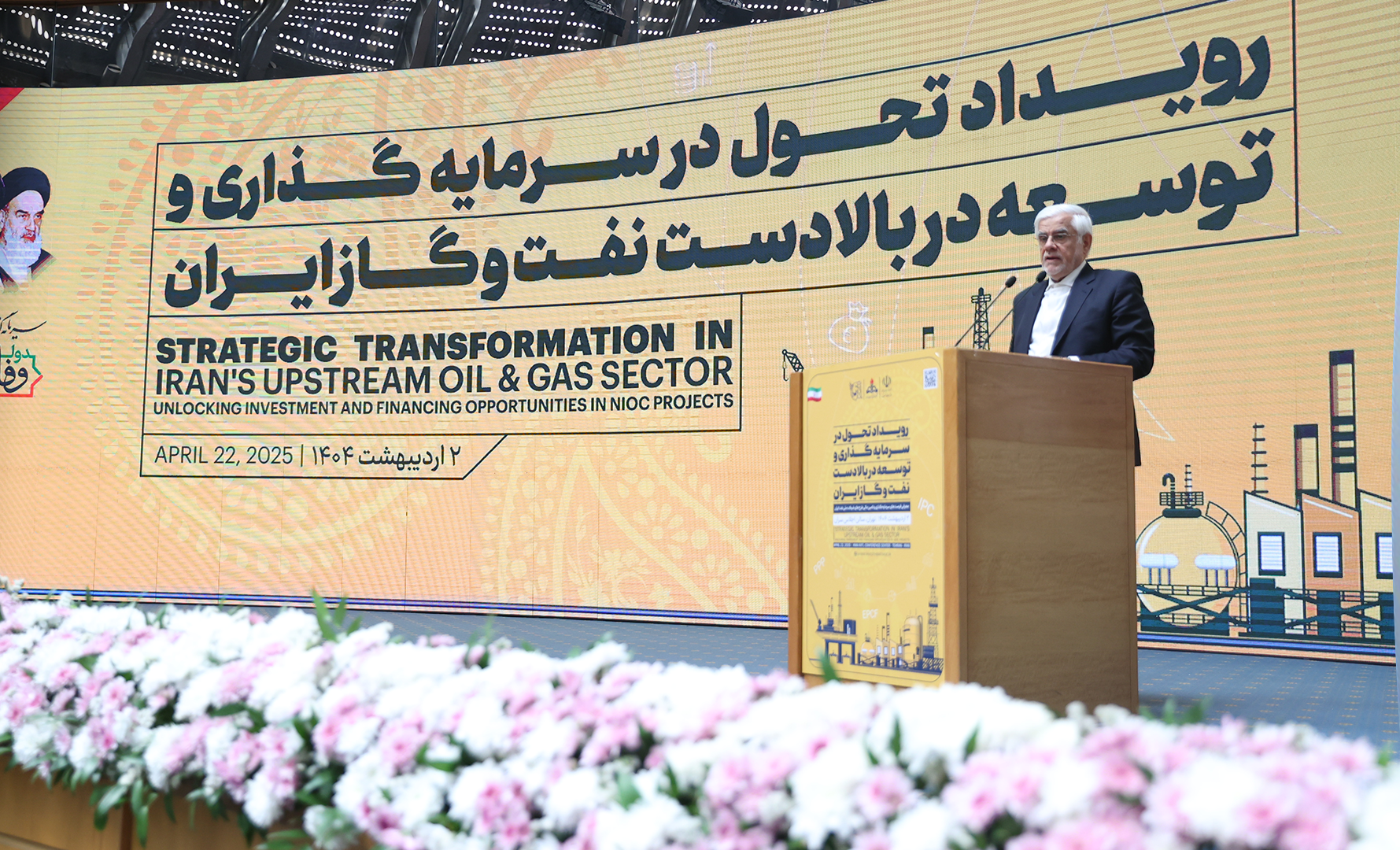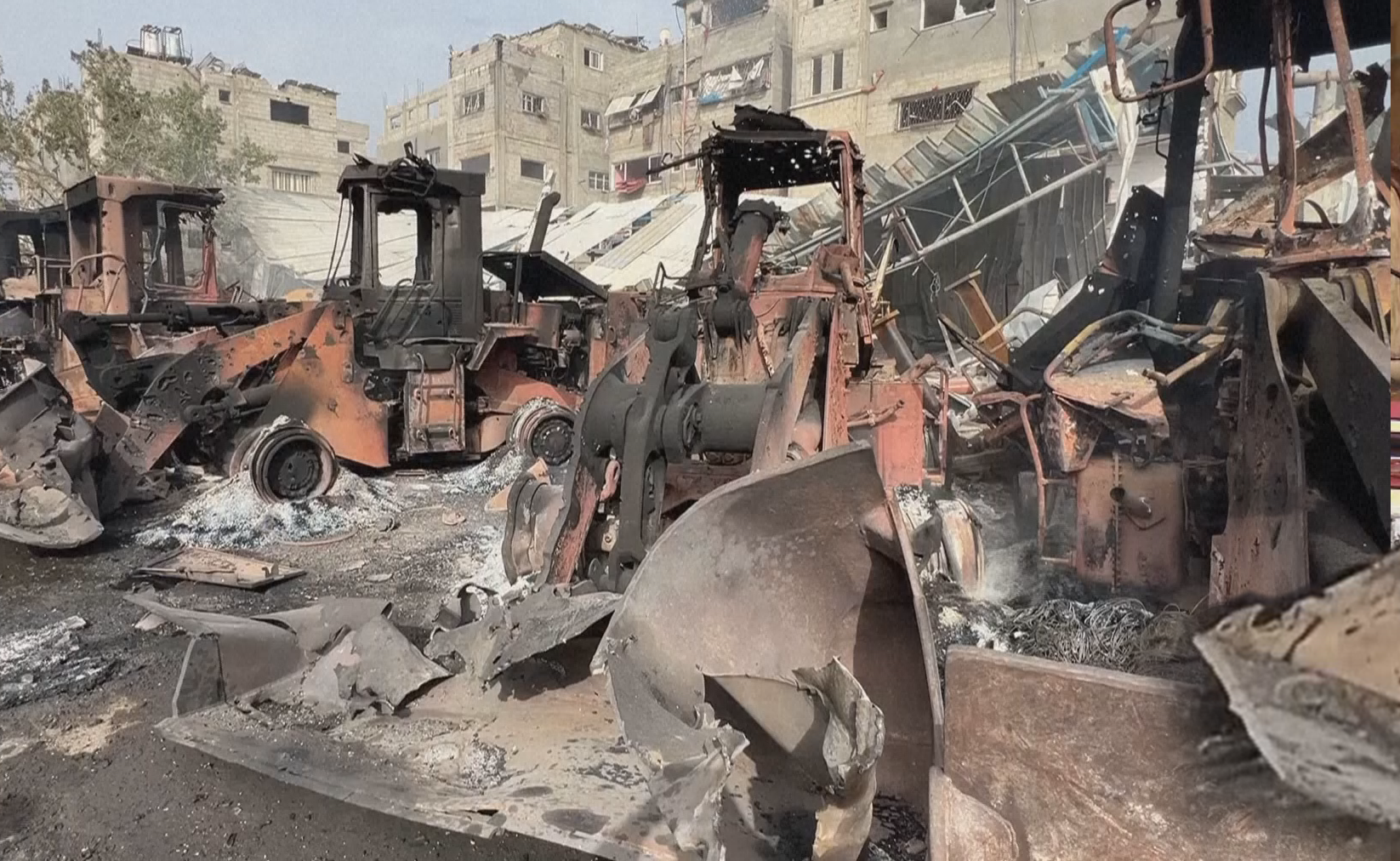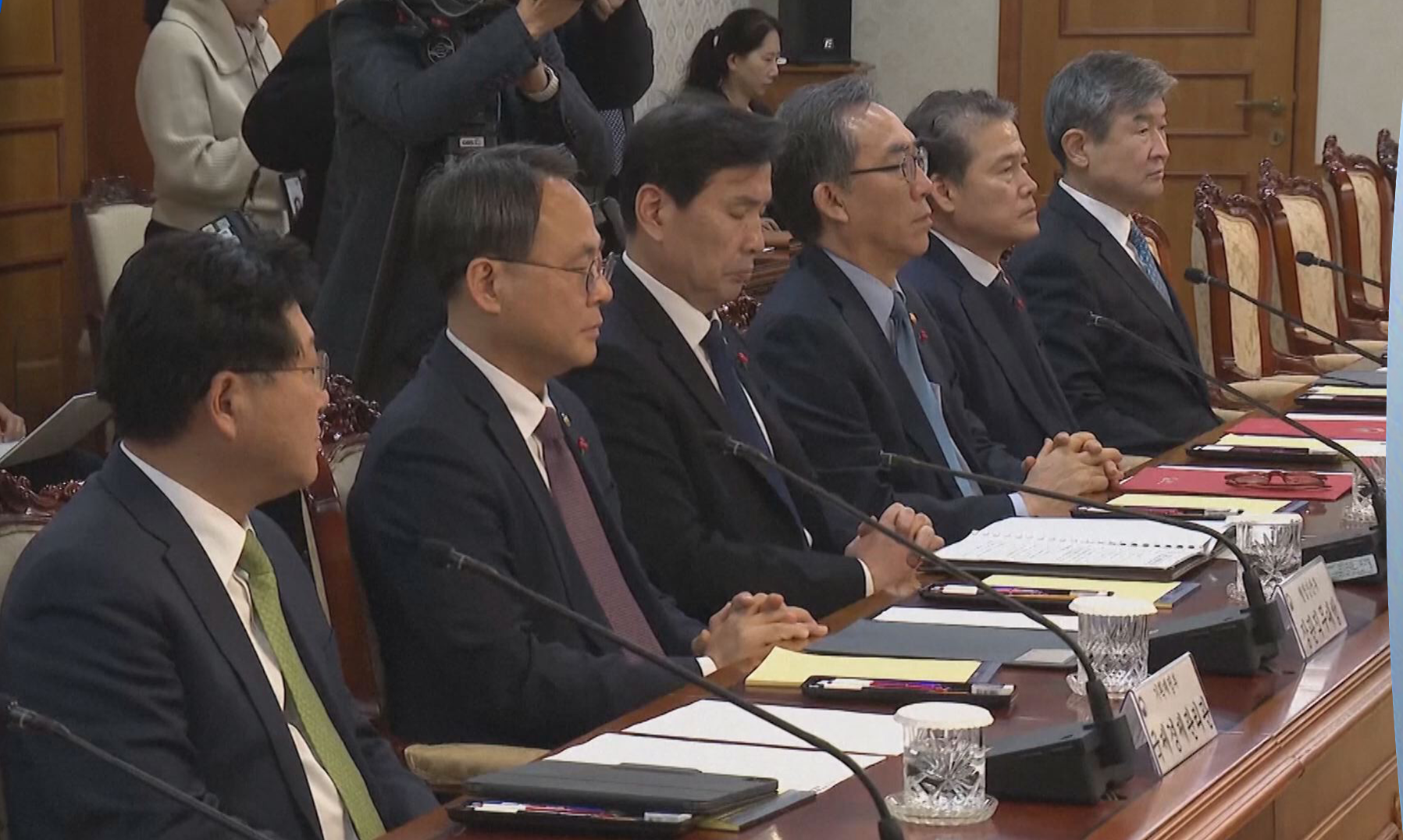France quits Northern Mali in disgrace after 9 years of failure
Ramin Mazaheri
Press TV, Paris
France has withdrawn from Northern Mali and the historic city of Timbuktu nine years after launching a war without the initial approval of the United Nations or even French parliament.
Mali initially became destabilized in 2011 following France’s illegal arms drops to anti-Gaddafi militants in Libya. The arms were then used by Tuareg separatists who have demanded more rights ever since colonial France first dictated Mali’s peculiar bow tie-shaped borders.
The war caused several thousand deaths and more than a million people to flee their homes. There have been two military coups in little over a year, while increasing demonstrations against France’s presence could no longer be ignored or sufficiently repressed.
The war has been so ineffectual that Malians openly accuse France of arming the rebels, while the conflict is often dubbed “France’s Afghanistan”. Paris has blamed Russian disinformation for turning Malian public opinion against France, but polls in the capital Bamako have shown that 80% of respondents believe that France is only in Mali to defend French interests.
France’s failed war in Mali has been even more degrading to its image at home and abroad than their failed involvement in Afghanistan. The war has been routinely cited by terrorists as justification for attacks in France.
France has had more than 50 military interventions in Africa since 1960, when many of their former colonies gained nominal independence. Mali remains among the poorest countries in the world, but that’s not due to a lack of resources.
Analysts say that it is premature to call it the end of the war, but that France is entering into a new phase of the war. France will retain a 3,000-strong army to roam the Sahel region.

Iran seeks foreign investment to boost oil, gas sectors

Heavy equipment needed to clear rubble destroyed in Israeli strike

South Koreans push back on Trump tariffs
Iran unveils legal strategies for SCO states to counter challenges
Gaza’s slow death: How aid blockade has pushed Palestinians to the brink
US plan requires Ukraine to give 20% of territory to Russia: Report
Iran: New sanctions show US 'lack of goodwill' in talks with Tehran
Charred bodies found in school as Israeli strikes kill dozens in Gaza
VIDEO | Press TV's news headlines
The April Revolution: One-year anniversary of Gaza solidarity encampments in US
Pezeshkian hails Iran-Azerbaijan ties ahead of visit to Baku






 This makes it easy to access the Press TV website
This makes it easy to access the Press TV website